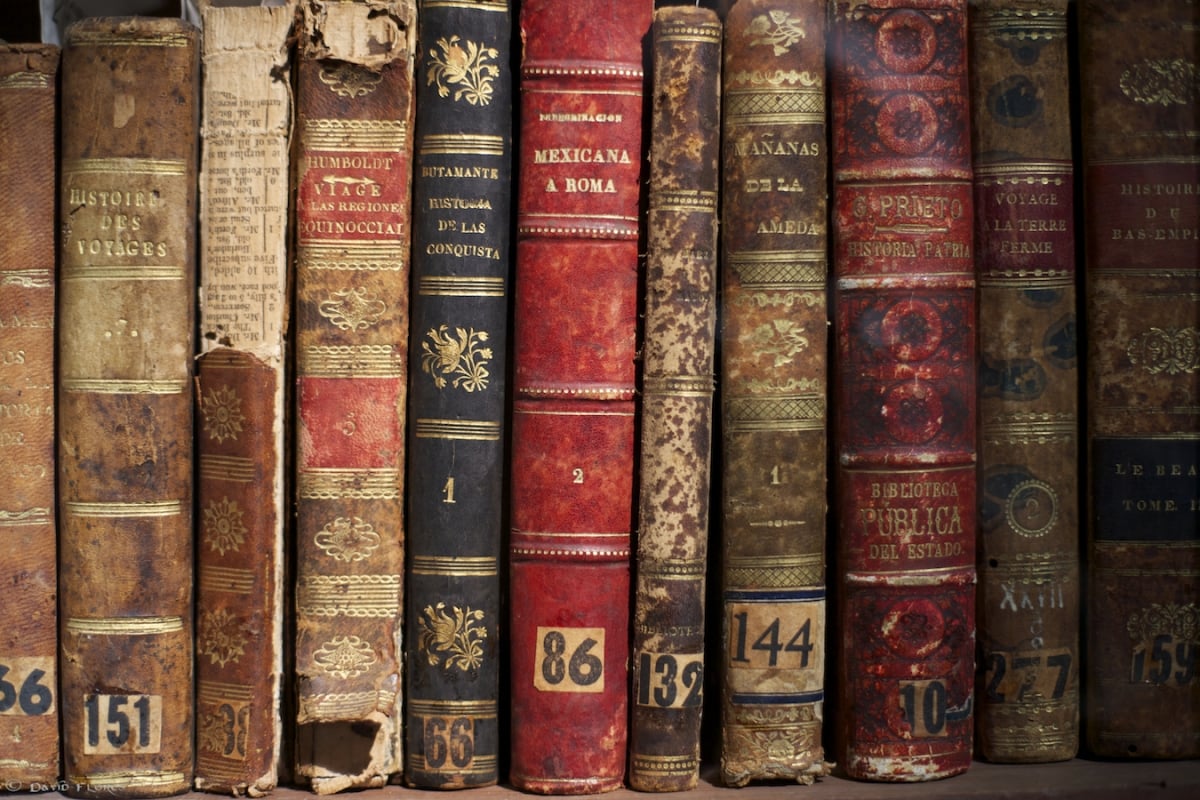It’s hard to pinpoint exactly what it is that makes second-hand books so wonderful. Maybe it’s because they’re cheap, and anyone who loves reading can tell you that when you’re burning through three books a week it can get really expensive. Some claim it’s the smell, which is why you get people walking into a shop, inhaling so deeply their chests almost pop open, rolling their eyes with an indescribable ecstasy. Other’s claim old and dusty books heat up a room, making it more comfortable. I’ll accept that books are beautiful, especially older ones, there’s something deeply satisfying about old, creased spines with titles emblazoned on them in gold lettering. I’ll even be the first to admit that a shelf full of books makes a room, but these books should really be dog-eared, every single one having been either read or waiting to be read, not simply put up for the show of it. The thing is books are not incense sticks or furniture. Books are meant to be read, and maybe that’s what makes second hand books so enticing, the mysterious histories that led to that book being in your hands.
Firstly it’s the idea that you’re not the only one who’s read that book. When you buy a brand new novel, still hot from the printing press, it’s like it’s just you and the author muttering to each other in a darkened room. Yet when you hold a second hand book, you feel united to everyone else who read it, all shouting together at once. It’s even better when you find pencil notes scratched into the margins. They raise funny points, or interesting observations you never thought would occur to you. Of course sometimes they’re nonsense observations, sometimes they’re even illegible and sometimes, if you’re really lucky, they’ll have nothing to do with the book at all.
The absolute best kinds of annotations are the random ones covering a shopping list, an address or a random reminder to buy someone a present. They offer you a glimpse of the people who owned this book before you. Alongside the story printed on the pages themselves, you are introduced to a string of other stories, the stories surrounding the reading of the book. Maybe someone was reading it just before they proposed to the love of their life, maybe it was a present given to them by their father just before they headed off to university for the first time, or maybe this very book inspired a novelist to pen their own work, a work you might read yourself in a few years’ time. Lots of people may have held that book on a train, walking the streets or eating their breakfast, and now you’re holding it too. You’ve entered into a wider community of seemingly unconnected people, all reading this one little book.
Okay, this is all fairly speculative, and you can never be sure the book you’re holding has this whole history to it. It’s entirely possible one person was given it as an unwanted present, it sat on their shelf for countless years and then they gave it to a charity shop during a clean out one day. Even with this, there’s a history. It’s an old copy, a little slice of that particular novels publication history. Take those bound versions of The Complete Works of Charles Dickens. They’re unfamiliar when compared to the Wordsworth Classics paperbacks with their strange drawings on the front, they hark back to a time when books were collectors’ items, when you bought an entire set and people had the same copy for years, sometimes even generations.
Even second hand paperbacks have a certain charm to them with their yellowed pages and slightly scuffed covers, reminding us of the project to mass produce literature. My favourite print of any book is the orange Penguin classics with nothing on the cover but the title in thick black script. They’re so elegant, so aesthetically pleasing and admittedly, when the row of orange covers is lined up on a bookshelf it looks fantastic. The book exists just as the book, free of shiny photographs of equally shiny celebrities promoting the latest television adaptation. There’s no spoilers printed on the back, no critics’ reviews shouting in your face about how much you’ll love the story. No, instead they focus just on the title and the author, they let you make your own decisions and holding something like that, you really know you’re reading a novel, not a companion piece to a blockbuster movie.
Getting a new novel is always exciting, but never dismiss a second hand book. They’re smart, they’re enticing and they’re always different, and what’s more, you never know what you’re going to find.



